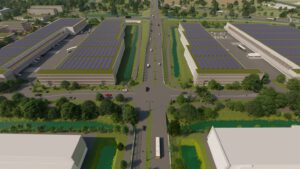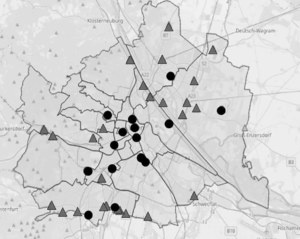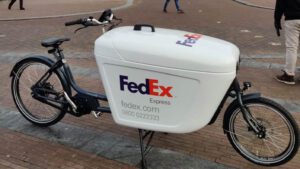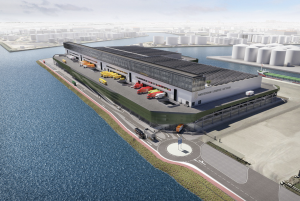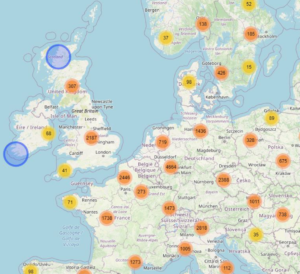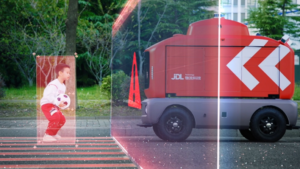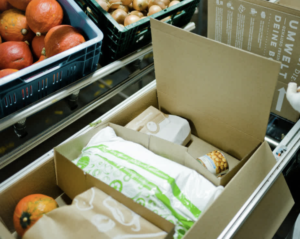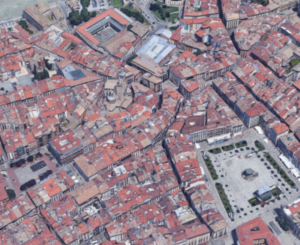Inpost results: accelerated delivery of pan-European growth strategy
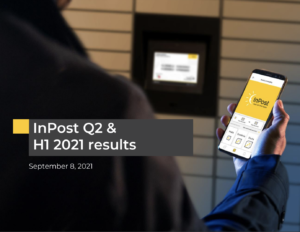
lnPost reports 54% year-on-year revenue growth in H1 2021 and 30% revenue growth in Q2 2021, with continued adjusted EBITDA margin expansion and improvement in cash conversion. Inpost reported a loss of 40 mln euros in the first half of 2021. The total number of Automated Parcel Machines (APM) increased by 56% year-on-year to 15.572, with 2 …

